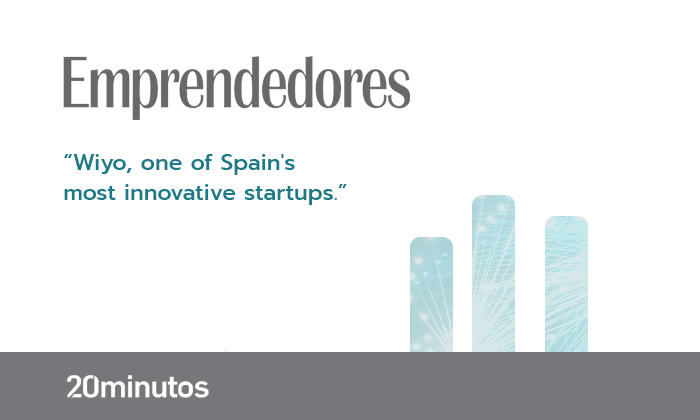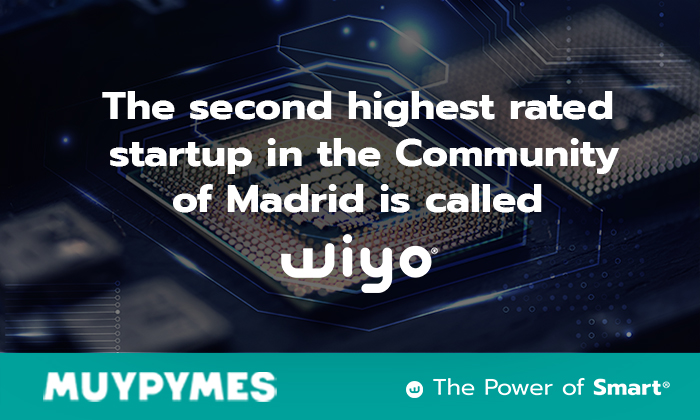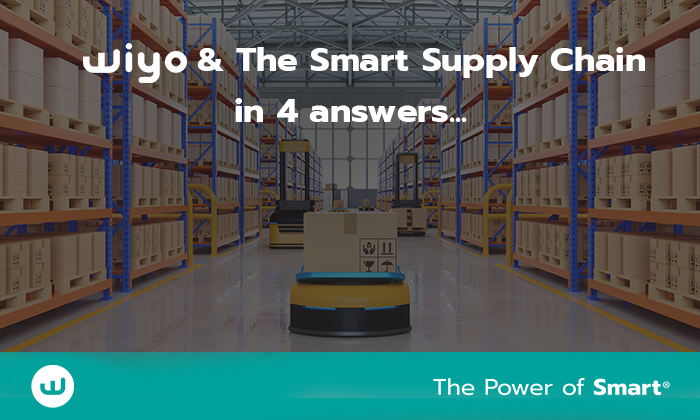Wiyo is the first system to digitise the physical world via WiFi.
An electronics engineer specialising in communications, avionics and electronic warfare, Danny Moreno spent many years working on a number of industrial projects involving disruptive identification and communications technologies and even manufacturing advanced processing to extend the capabilities of RFID (Radio Frequency Identification) technology.
However, his physical limitations, efficiency, cost and complexity of implementation led him to design a new identification technology that, in principle, could cover the basic needs that RFID was intended to address, but which would provide a solution to all the above limitations.
Proof of concept
With the support of Patricia Femín de Moreno . Hernán Salgado and Carlos Saccogna. Moreno worked to develop the proof of concept of the new technology and for the validation, support and commercial definition of the project. Wiyo has designed, developed and patented a digitisation system that allows interacting with any object or product in the physical world in real time through a new generation of battery-free smart tags, and with physical temperature and location sensors that work only with WiFi power supply.
It operates without the need for cloud connectivity and with mass readability, and can extend its application to industrial and cross-industry levels. It enables a company to digitise all its processes, products and physical operations, from manufacturing to the end consumer, including especially. The traceability, quality and authentication of each object or product (including temperature and location sensors) throughout the supply chain without the need for an internet connection. The solution has local processing capability, which enables a multitude of applications and 2.0 solutions such as digital twins. The system is compatible and integrable with any cloud solution provider, and the system’s components add to the catalogue of options for new automated identification and recognition technologies, but also for the ecosystem of solutions such as manufacturers, distributors and integrators,” says Moreno.
Although the idea for Wiyo was born in Caracas, the political and social situation in Venezuela prevented the project from moving forward. After evaluating different options. Moreno opted for Spain, not only because of his Spanish nationality due to his Sephardic origin, but also because of the interest and technological support the project received from the Instituto de Sistemas OptoeIectrónicos y Microtecnología de la Politécnica de Madrid (Institute of Optoelectronic Systems and Microtechnology of the Polytechnic University of Madrid).




